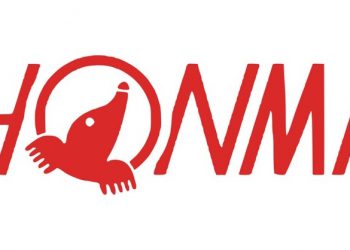
Donor-advised funds, or DAFs, are financial accounts funded by donors to support future charitable work. This kind of giving differs greatly from charitable giving as a whole because it’s much more likely to involve donations of assets like stock, real estate or cryptocurrencies that have gained in value.
That’s what my co-author, Helen Flannery and I, found in our new study that will soon be published in “Nonprofit Operations and Supply Chain Management” as part of an academic book series.
We examined the IRS filings of all charities from 2020 to 2022, including organizations that administer DAFs. Such DAF sponsors include charities affiliated with large financial companies like Vanguard, Schwab and Fidelity. By looking at the types of gifts received by these charities, we found that noncash giving represents more than 16% of the average DAF’s revenue versus only about 3% on average for overall charitable giving, which covers everything from animal shelters to orchestras.
This difference is even more pronounced for the largest national DAF operations, which on average had 46% of their incoming assets in noncash form.
These noncash gifts were primarily investment assets like stocks, bonds and real estate. We find that while the average conventional charity gets around 33% of its noncash contributions as investments, the average DAF sponsor gets more than 90% of its noncash donations that way.
This share is even higher, at over 97%, for the typical national DAF organization.
Why it matters
DAFs, first launched in the 1930s, have become much more widespread over the past three decades.
The total value of assets they hold is rising fast: It grew from US$70 billion in 2014 to more than $251 billion in 2023.
In some ways, DAFs operate like small foundations, since donors can get a tax break when they put money into a DAF, even if that money isn’t put into use by a charity for years. Donors also retain advisory control over the money they’ve reserved for future charitable giving.
But unlike foundations, there’s very little paperwork required, and there’s no requirement that a DAF disburse at least 5% of its assets annually – like foundations have to do.
Using investment assets as charitable donations is more advantageous to donors than just putting money in a DAF. One reason is that most large donors are eligible for a tax deduction equal to the full value of the asset that was donated at the time of the gift. That holds true, even if the value has risen significantly from what it initially was worth when the donor acquired it. The second reason is that donors don’t need to pay taxes on their capital gains as they would have had they sold it and obtained money in exchange.
Likewise, this boom in gifting investment assets can cut into government tax revenue more than typical cash gifts because it more effectively reduces an investor’s tax obligations.
Policymakers, lawmakers and regulators are currently considering whether to establish new rules for DAFs.
What’s next
We are now researching how the charities that administer DAFs differ from one another. We’re finding that some primarily market themselves as a way for donors to reduce their tax payments, while others put more emphasis on helping donors better manage their charitable giving.
The Research Brief is a short take about interesting academic work.
![]()
Prior to conducting the research mentioned here, Brian Mittendorf served as a consultant for the 2022 survey of donor-advised funds conducted by the State of California Office of the Attorney General.













